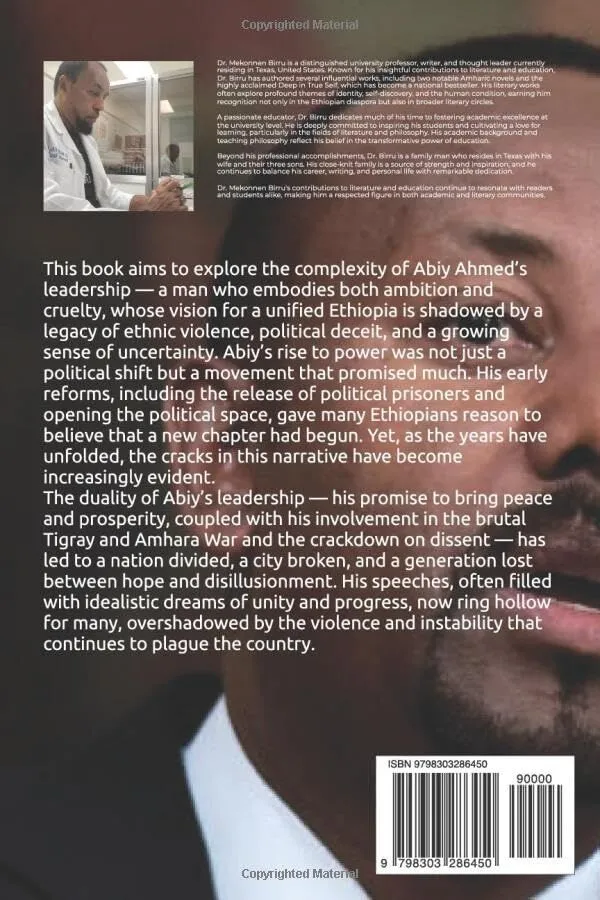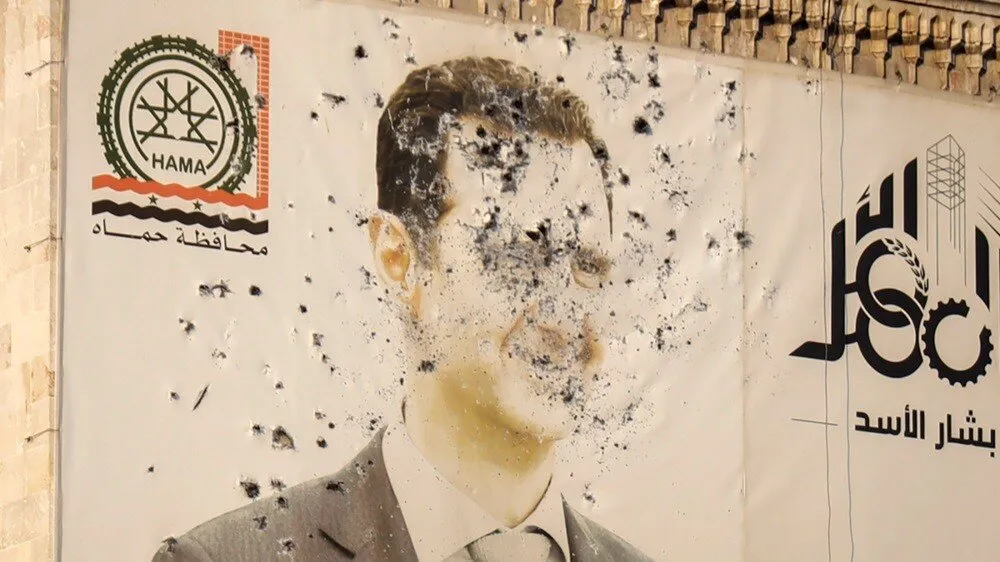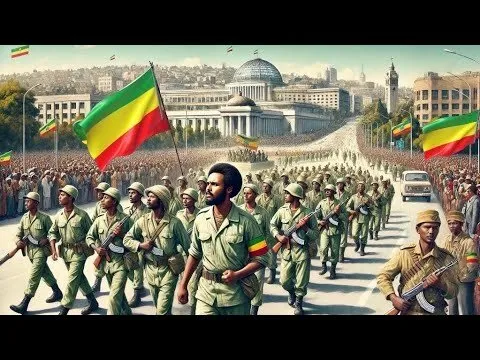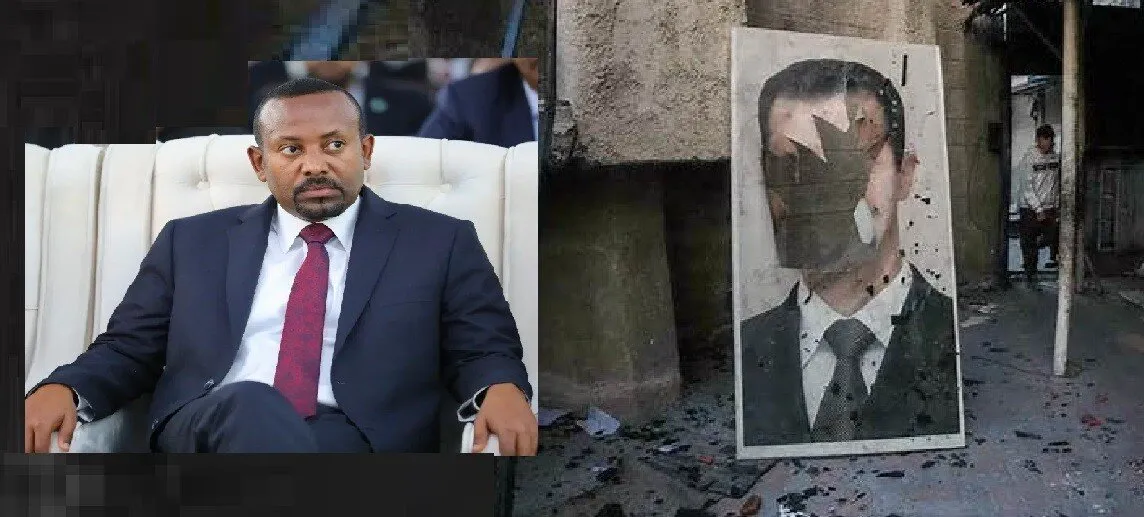29 August, 2016
The motive behind for writing this short piece is the situation that I have been observing in this country. There are formal and informal ways of communications among the communities on various issues of their country. However, for effective and smooth understanding of issues and ideas, it is better to bring these multiple and diverse ideas and opinions to be entertained and accommodated equally. This will create a chance of articulating and building up a new insight and knowledge which in turn help us to be all-rounded and rational person.
Nowadays, it is hardly possible to find a genuine kind of scholarly discussions at least on major issues of the country. One of such great and burning issues of the contemporary Ethiopia is the notion of federalism. My intention in this short piece is not to argue for or against identity-based federalism of Ethiopia but my focus rather is on the treatment of this issue of federalism when it comes to the stage of media and other platform.
Except for those scanty minutes allotted for few opposition parties at a time of ‘election’ campaign in the state-owned media, I hardly found as such genuine and inclusive round-table conferences, seminars and the like which can air different and diverse types of opinions and ideas for open discussions on the notion of federalism in the country. If you see particularly the recent ‘discussions’ on various issues including federalism in the stage of state-owned media channels, they are full of personalities coming from similar ideological orientations and even individuals who are non-knowledgeable on the issue under discussion. So, the discussions, first and foremost, luck genuine academic discourse with diverse point of reflections that can critically analyze both the rhetorical aspects and the reality on the ground.
One of, in fact, the major ethical principles of a certain media is keeping itself away from media-bias and become neutral and give equal opportunities for all voices. Unfortunately, however, what I have been observing in this country is the reverse that the state media confirms to be the mouse piece of the ruling party and those selected stories and tends to be a fountain of lies and one-sided story. So, it is time to take important measures one of which is to free the arrested and detained federal idea (federalism) which has from the time of its making been suffering from being hammered only from one-sided point of view sponsored by the government. It totally ignores the other face of the coin which would have critical observations on what is going on in this country in relation to federalism and other issues from multifaceted dimensions.
We can never be a genuine federal society without establishing a foundation of open and free stage of discussion and academic discourse on the matter of federalism and related issues.
It is my surprise to see those who claim themselves as “scholars” (“muhuran”) or are claimed as such by others, (the phrase that needs standardized definition in the context of today’s Ethiopia), not to refer to any authoritative sources and research findings written on EPRDF’s federalism in the last 25 years of its experiment in their ‘discussions’. I believe that national dialogue in all its forms on basic issues of the country can play an indispensible role in responding to violent conflicts and building national consensus that is a fertile ground for the peaceful co-existence of the future fate of the country to stay as a united and strong state of Ethiopia that in turn leads to the united nations of Ethiopia. It also helps to facilitate legitimacy, trust-building and reconciliation. But all these can only be achieved if and only if the federal idea and other big issues of the country are free from their long imprisonment from the very earliest time of their making.
Generally, the detained and arrested federalism needs to be free and treated under inclusive-based dialogue that brings all diversity of voices of different corners coming from all dimensions of human mind. The state-owned media channels particularly EBC has claimed to be as voice of diversity and Renaissance, in fact I am in doubt whether the two terms are interpreted well or not, but what EBC is doing is violating its own rules and principles. Is really EBC a voice of heterogeneity or homogeneity? It is neither of the two but it is totally antonym of diversity.















